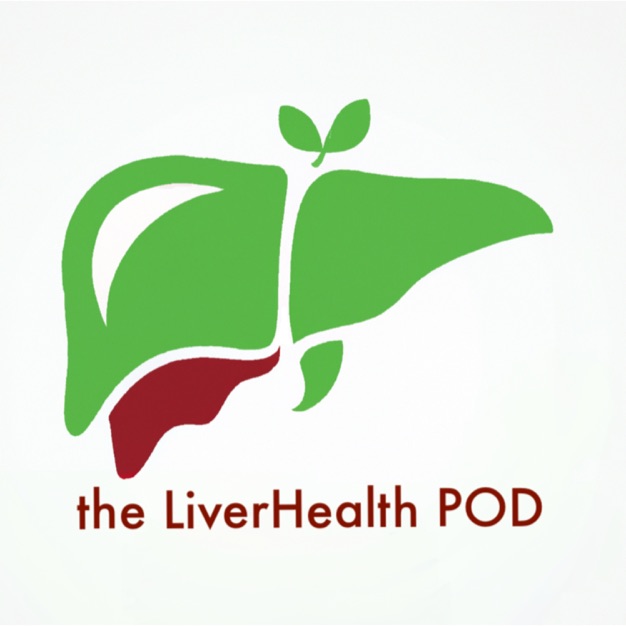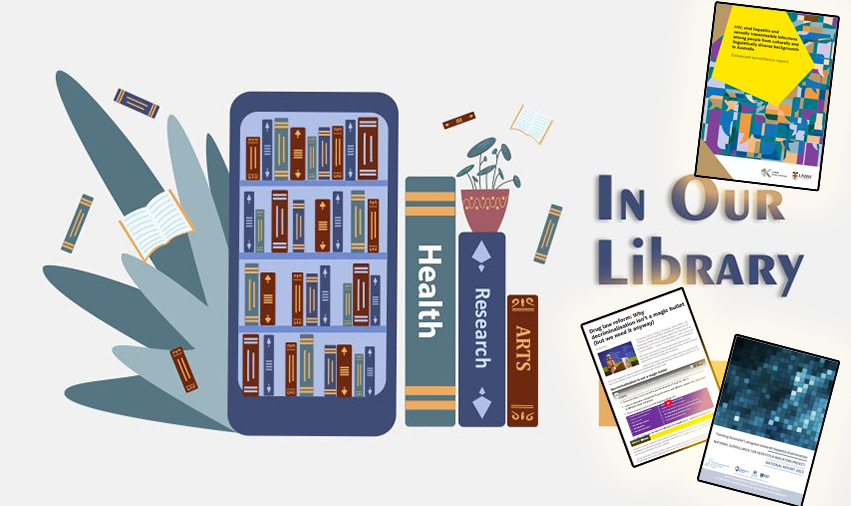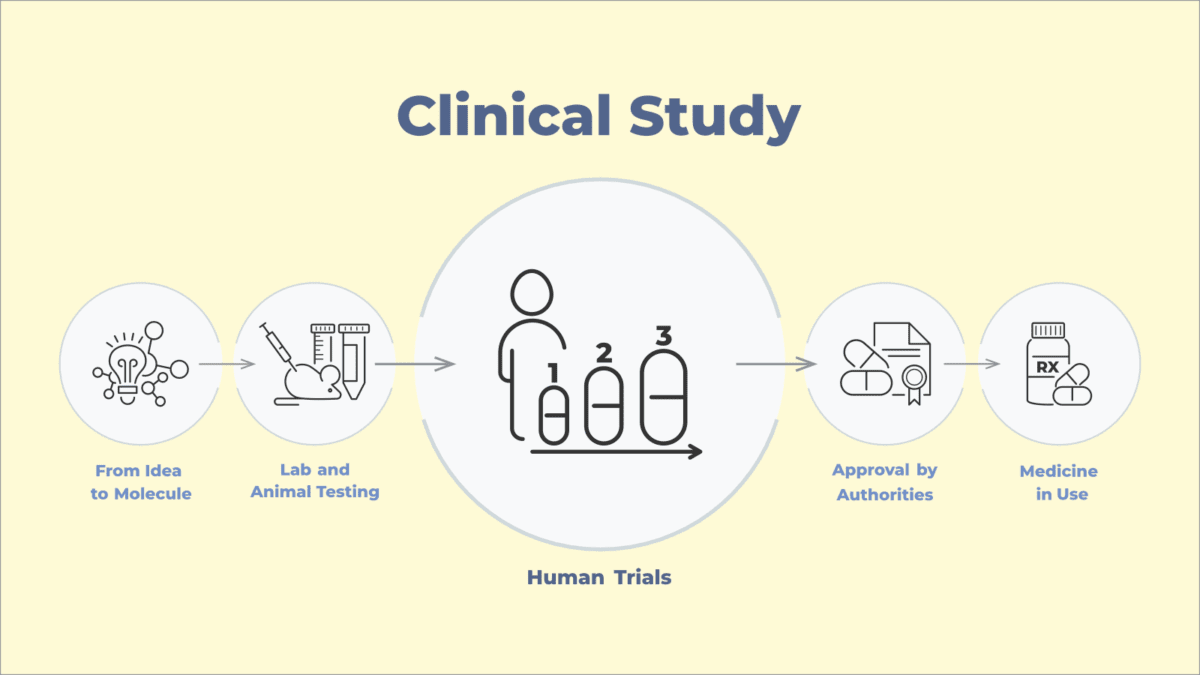A diagnosis of hepatitis can be overwhelming—the worry over effects on health, well-being, work, relations–hips, and life in general, can be all-consuming. But with successful cures available for hepatitis C, and effective management of hepatitis B, life can still be lived well. The following resources have reliable information about how to manage symptoms, maintain relationships, keep physically and mentally well—and who you do, or don’t, have to tell about your hepatitis status. Contact us at if you would like assistance in accessing these, or any other, resources. See here for part one.
Your liver and hepatitis: where to start
Being aware of the functions of the liver, and the effects of liver disease, may help to encourage more healthy behaviours. Likewise having reliable information about hepatitis means less time spent on trying to sort the facts from the misconceptions – especially around transmission (and there are many misconceptions out there!).

The LiverHealth POD
A great place to start: covers subjects that you might want to be familiar with if you have any form of liver disease, with topics such as: bile, sleep, liver transplantation, iron deficiency or overload, herbs and supplements, hepatitis, cirrhosis etc. Presented by 3 liver doctors (hepatologists) in a series of accessible and easy to listen to podcasts.
5 Random Hep C Myths
This series of ‘mythbusters’ covers many of the misconceptions about hepatitis B and C. Presented in a series of 5 myths each time they cover statements such as breastfeeding, pregnancy, sharing clothes/food/intimacy, drinking etc. Brief, practical information for personal use – or to pass on to family and friends.

How to make the most of services
If you have been diagnosed with hepatitis you’ll be facing more contact with health and other services. This can be daunting – but with preparation and some extra knowledge you can make the best of your time spent with doctors, nurses etc. The following resources can assist in planning for appointments or tests, and in managing medications.

The Role of a GP
HealthDirect, Aust. Govt. Dept. of Health and Aged Care, Canberra,2022. 2p. plus video.
Particularly useful for those who are new to the Australian health system: explains what a General Practitioner is, what they can do, how to find a GP, things to consider when choosing one for yourself or your family, access to interpreters if needed, and costs. Available in Arabic, Bengali, Chinese, English and Vietnamese.
Question Builder
HealthDirect, Aust. Govt. Dept. of Health and Aged Care, Canberra, 2017. Interactive webpages.
A really useful tool with lists of questions relevant for GP or specialist visits. It covers symptoms, tests, treatment, medications (and side effects), self management, support and follow up. Once the most relevant questions have been selected the list can be printed to take to the next appointment.


What you need to know about telehealth for hep (B or C)
Hepatitis NSW, Sydney, 2022. 3p.
Information about eligibility, the benefits, how to book an appointment, additional services (such as Aboriginal Liaison or interpreters), what to expect, blood tests (and availability of Dried Blood Spot home testing), and follow up appointment information.
Worried about getting a blood test? 5 tips to make them easier (and still accurate)
The Conversation, Melbourne/Sydney, 2023. 4p.
Discusses the different ways of preparing for a variety of blood tests, how the test is carried out, tips for improving the experience, and what may happen after the test.


Tips for Managing Medications
Hepatitis SA, Adelaide, 2017. 4p. wallet sized booklet
This handy wallet sized booklet contains tips for helping you remember your medicines and includes a 12 week check-off chart and links to adherence tools including smartphone apps. Read only online – contact for free hard copies.
Side effects from your medicines? 5 questions to ask
NPS Medicine Wise, Sydney, 2021. 2p. factsheet.
5 questions to ask your GP if you are experiencing any symptoms, even if they’re mild. If it’s caused by your medicines, they can suggest ways to manage or decrease side effects. Available in 13 languages.

Last updated 30 August 2024
More from:
Enjoyed this article? Subscribe to be notified whenever we publish new stories.
Subscribe for Updates









